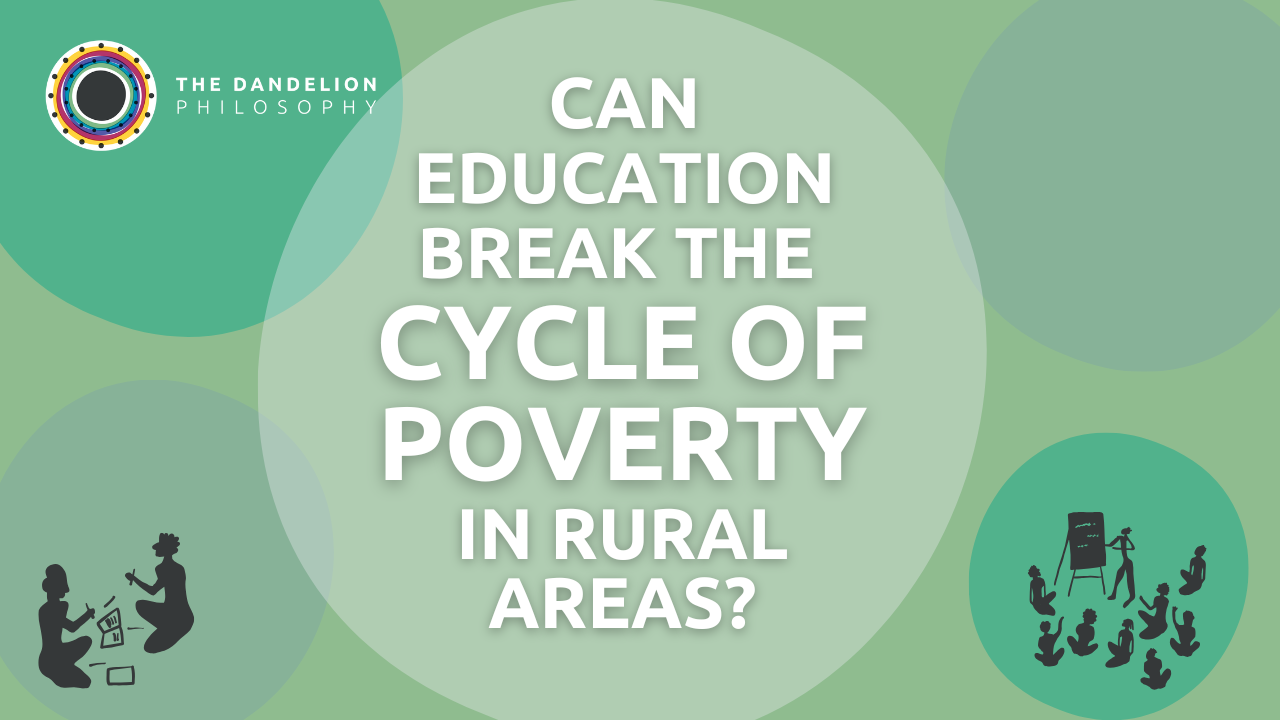- Sustainable Philanthropy
- Social Enterprise
- Healing
- Community Empowerment
- South Africa
- Social Impact
- Sustainability
- Give Back
- Volunteering
- Cambridge Village
- Healing Hub
- Social Change
- Trauma Healing
- Women's Empowerment
- Empowerment
- Gender Equality
- Addressing Inequality
- Intergenerational Trauma
- Charity
- Giving

Can Education Break the Cycle of Poverty in Rural Areas?
Imagine a child in a rural village, walking miles each day to attend a school with limited resources. For many in these communities, education is not just a right—it’s a lifeline, capable of breaking the cycle of poverty and unlocking opportunities for a brighter future. Rural communities play a crucial role in achieving global development goals. Through agriculture, they contribute to food security; by supporting local economies, they create jobs; and through responsible resource management, they promote environmental sustainability. Yet these communities face significant challenges, including high poverty levels and limited access to quality education.

Growing a Better World: The Impact of Sustainable Agriculture on Our Future
At its core, sustainable agriculture is about creating change—not just for the environment, but for communities. As the global population continues to grow and natural resources become increasingly scarce, sustainable agriculture is becoming more and more essential. This type of agriculture relies on methods that are ecologically sound, such as integrated pest management, organic farming, conservation, agriculture, and agroforestry. Not only can it help reduce pollution, and the negative effects of monocultures on soil health, but it can also provide food security in developing nations around the world.

